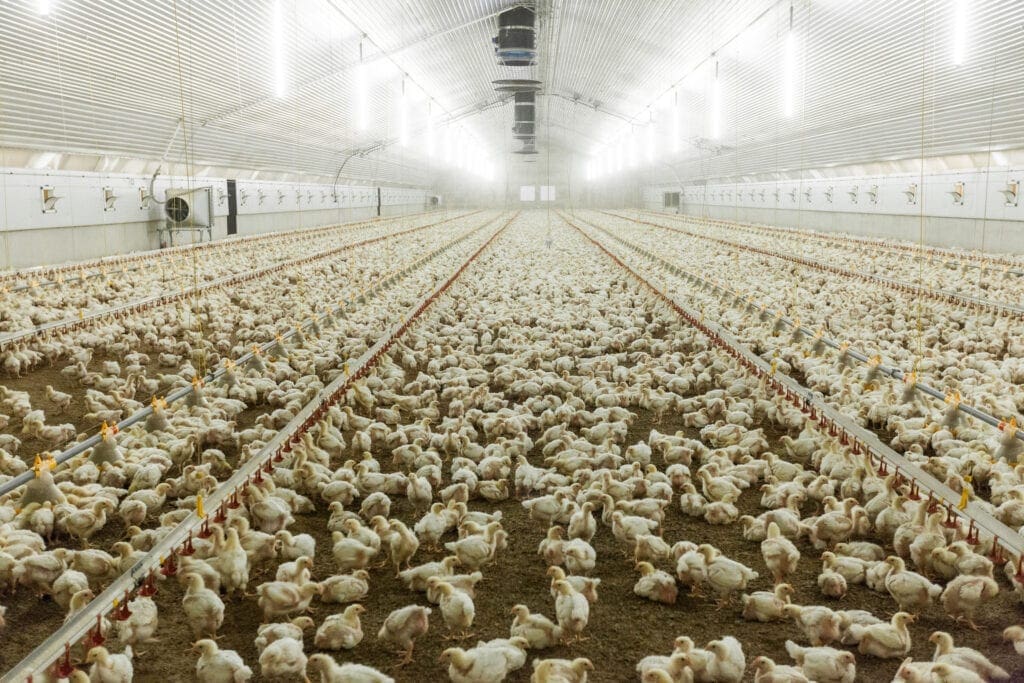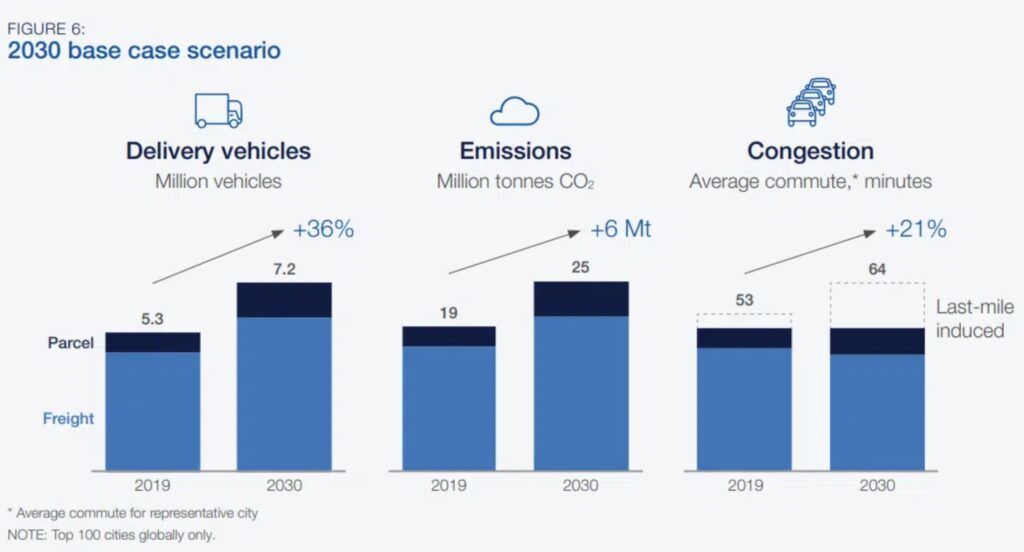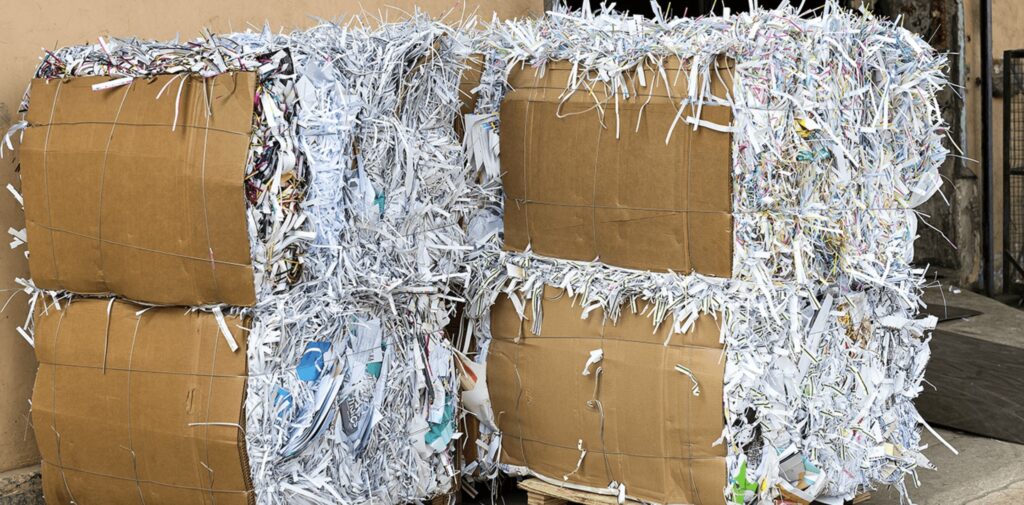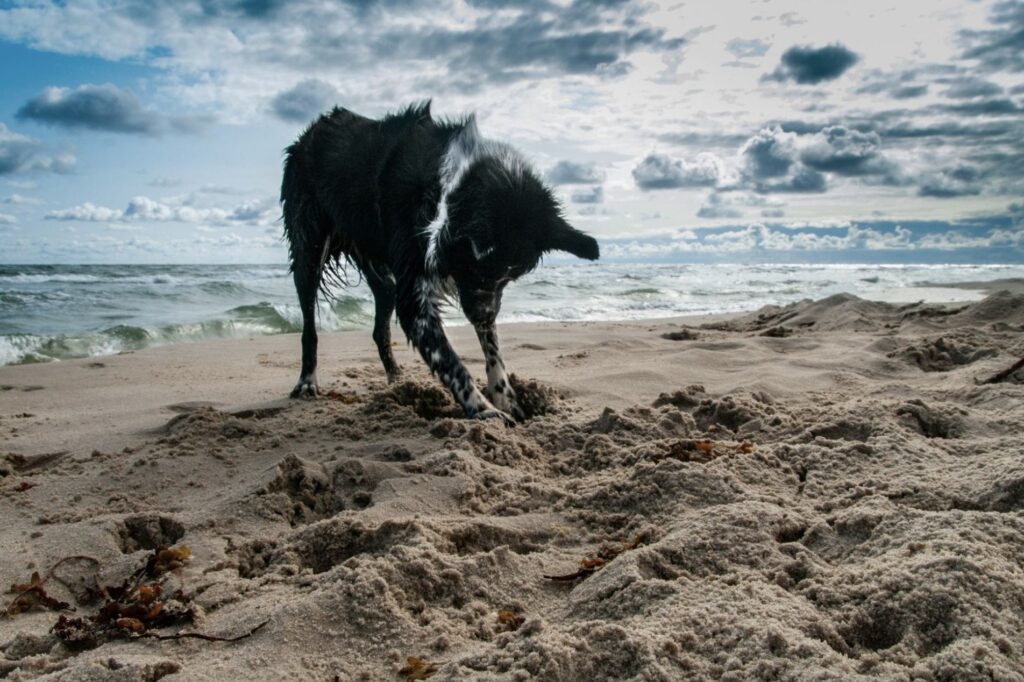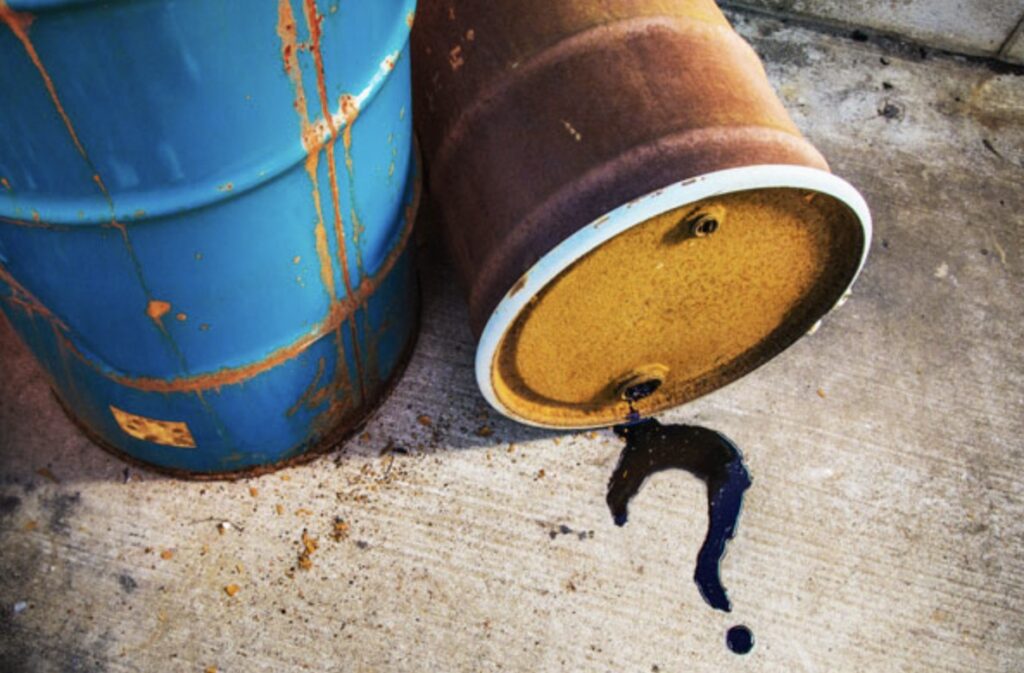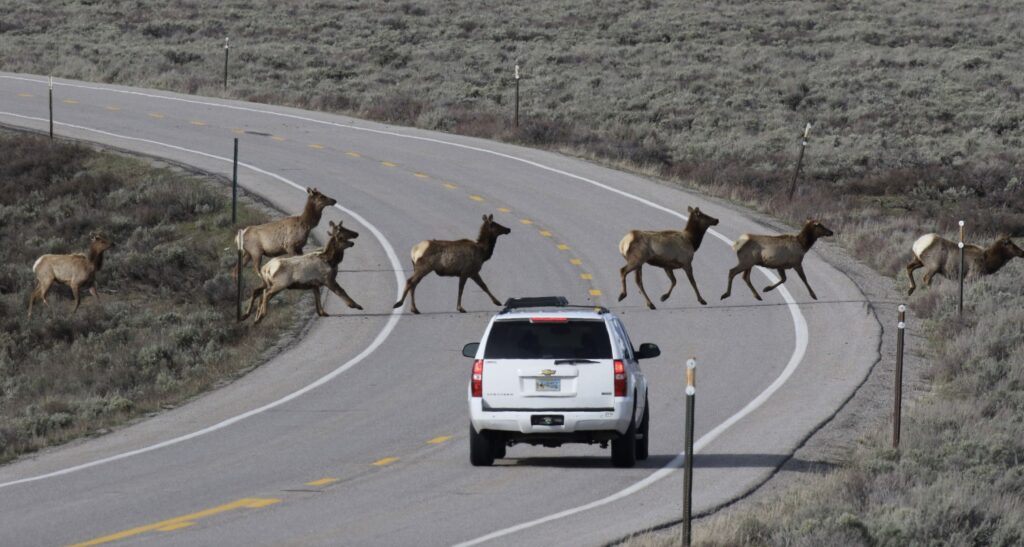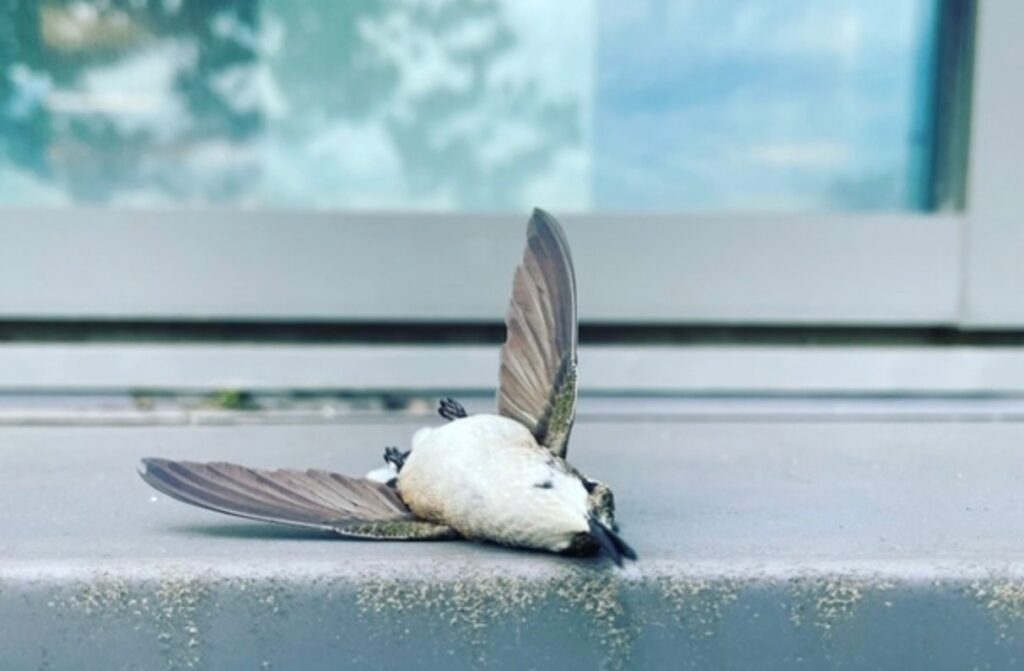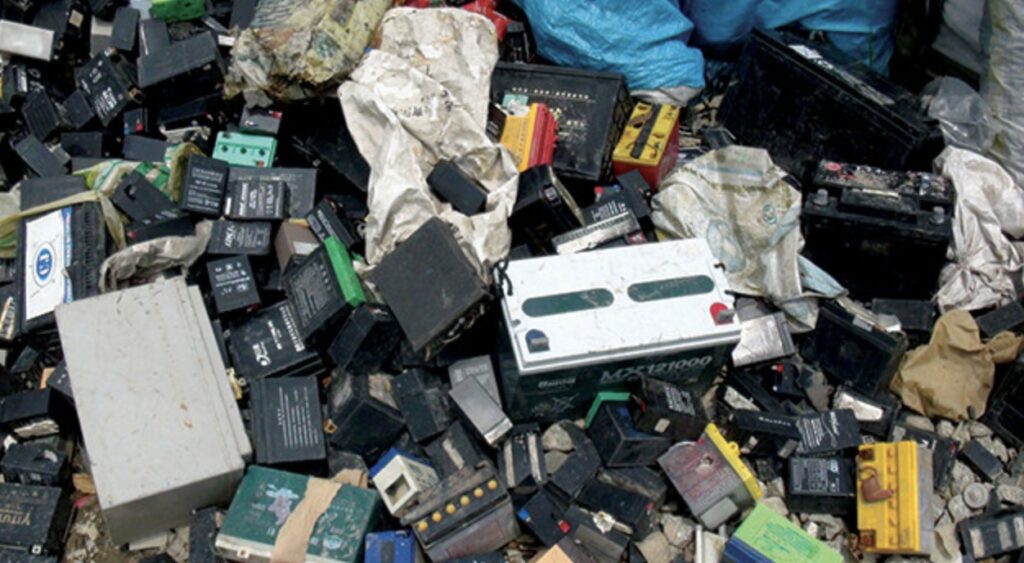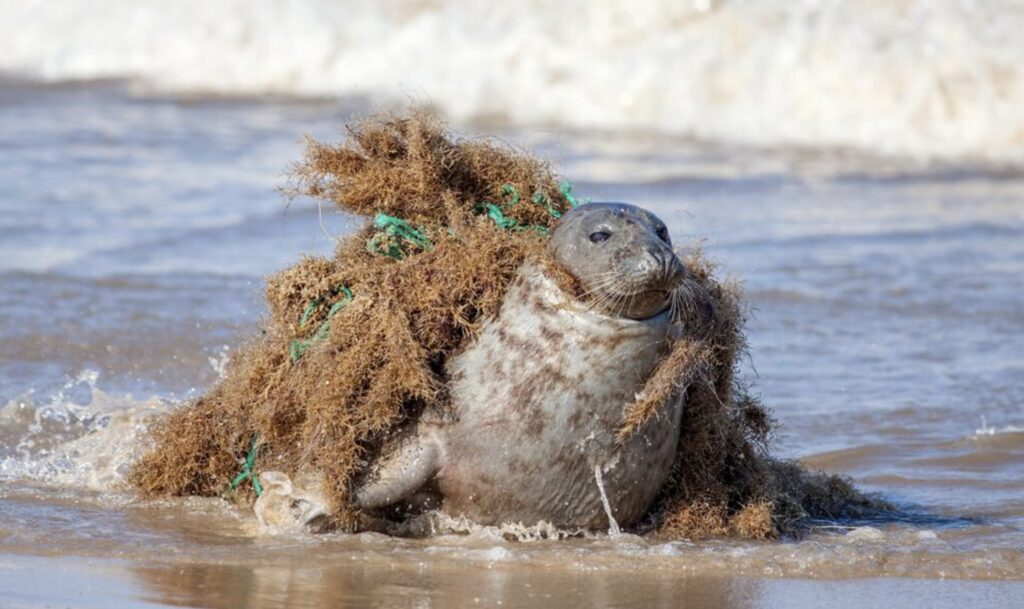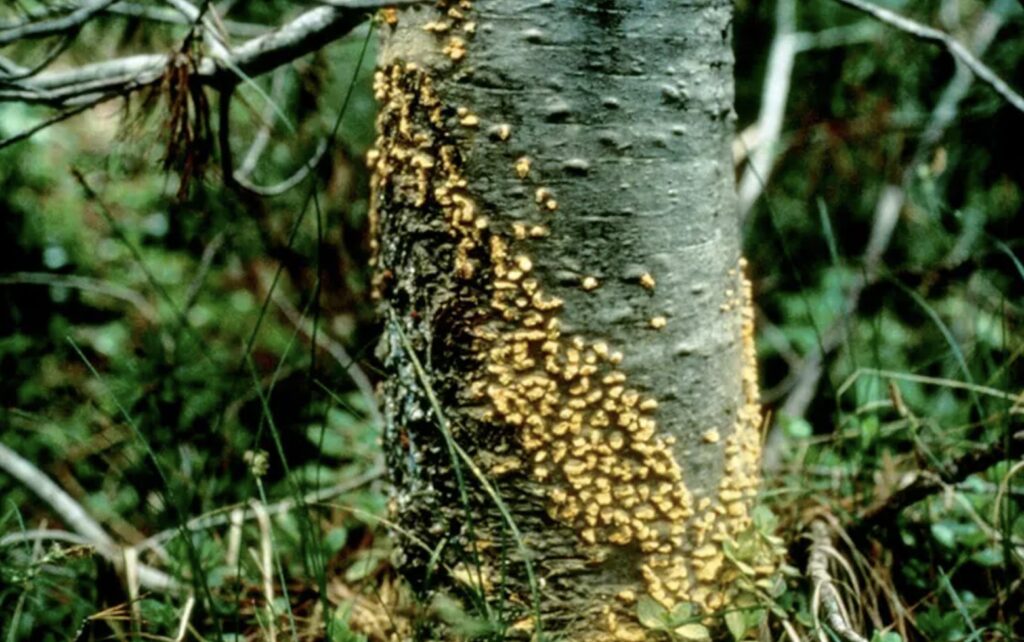It can feel difficult to keep up with home habits that keep the environment and wildlife around your home as healthy as possible, especially when it might not be the first thing on your mind. With a little effort, you can completely change your home habits to keep the wildlife as healthy and happy as possible. Next time you want to throw something away, it’s a good idea to stop and think about the effects of the animals around you. Because when the wildlife around you is happy and healthy, you’ll have a better chance at spotting adorable, healthy critters in and around your home!
Bad environmental behavior goes beyond overpopulation, pollution, deforestation, and burning fossil fuels. These alone have triggered climate change, undrinkable water, poor air quality, and soil erosion, in addition to a few terrible home habits that harm the wildlife around you.
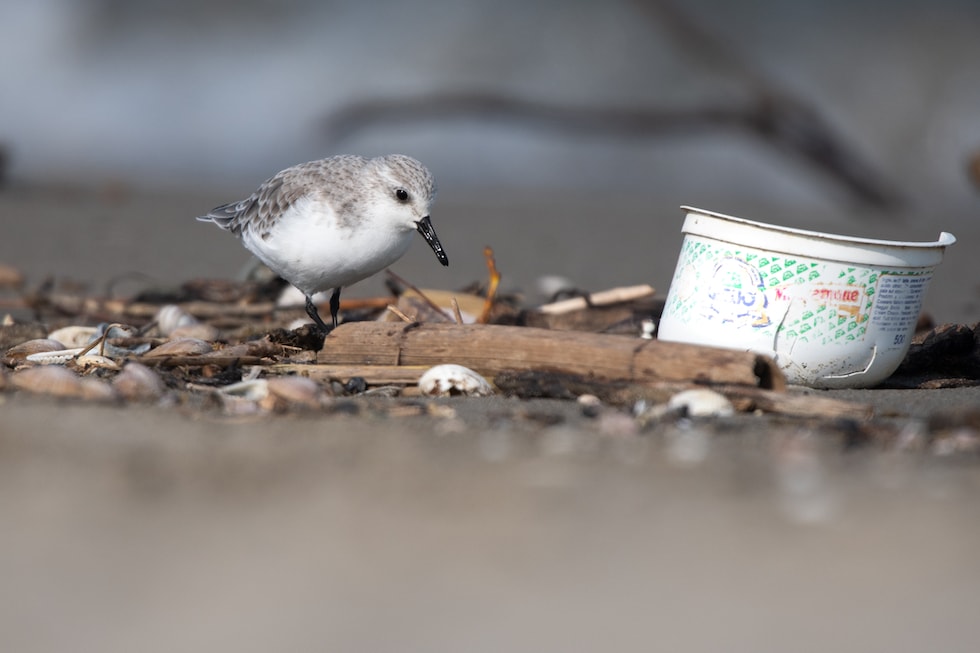
Improper Waste Disposal
This might seem obvious, but improperly disposing of your waste causes bigger issues than you think. When you improperly dispose of trash, it can attract wildlife for the wrong reasons, which in turn can lead to the ingestion of harmful materials. The wildlife can also become entangled in debris. One solution to this is to use proper disposal methods, like recycling and using secure trash bins to make sure the wildlife doesn’t crawl inside. When wildlife is harmed, it causes a chain reaction that may cause permanent damage to ecosystems across the globe.
Improper waste disposal may also end up in our oceans. According to the NOAA, “entanglement causes the death of hundreds of thousands of marine mammals every year, including dolphins, seals, and whales.” Furthermore, animals like sea turtles might mistake plastic bags for jellyfish, thus ingesting something they cannot digest. Improper waste disposal also harms plant wildlife. According to the EPA, “floating trash can block out sunlight and deplete oxygen levels in the ocean, all of which are necessary for underwater photosynthesis.” It’s all a chain reaction that eventually points back to humans (Rubicon)

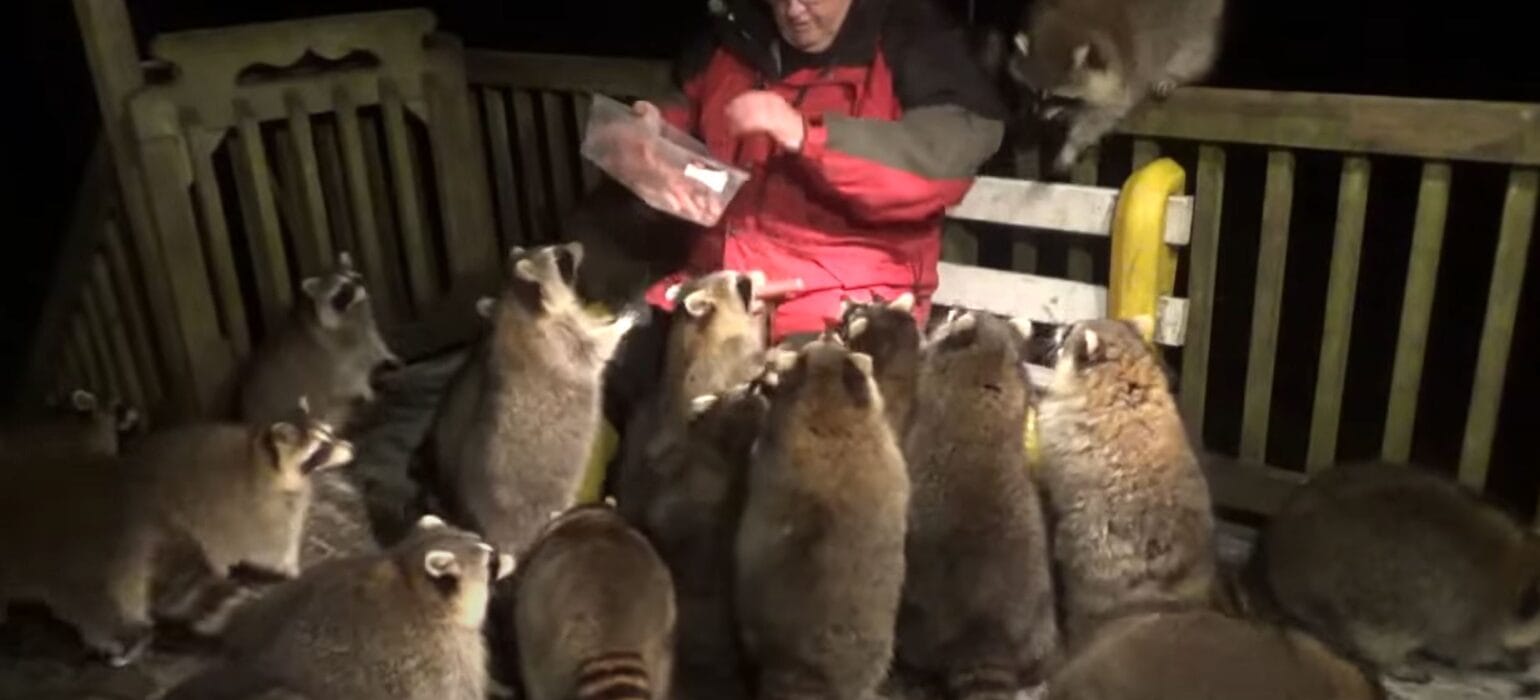
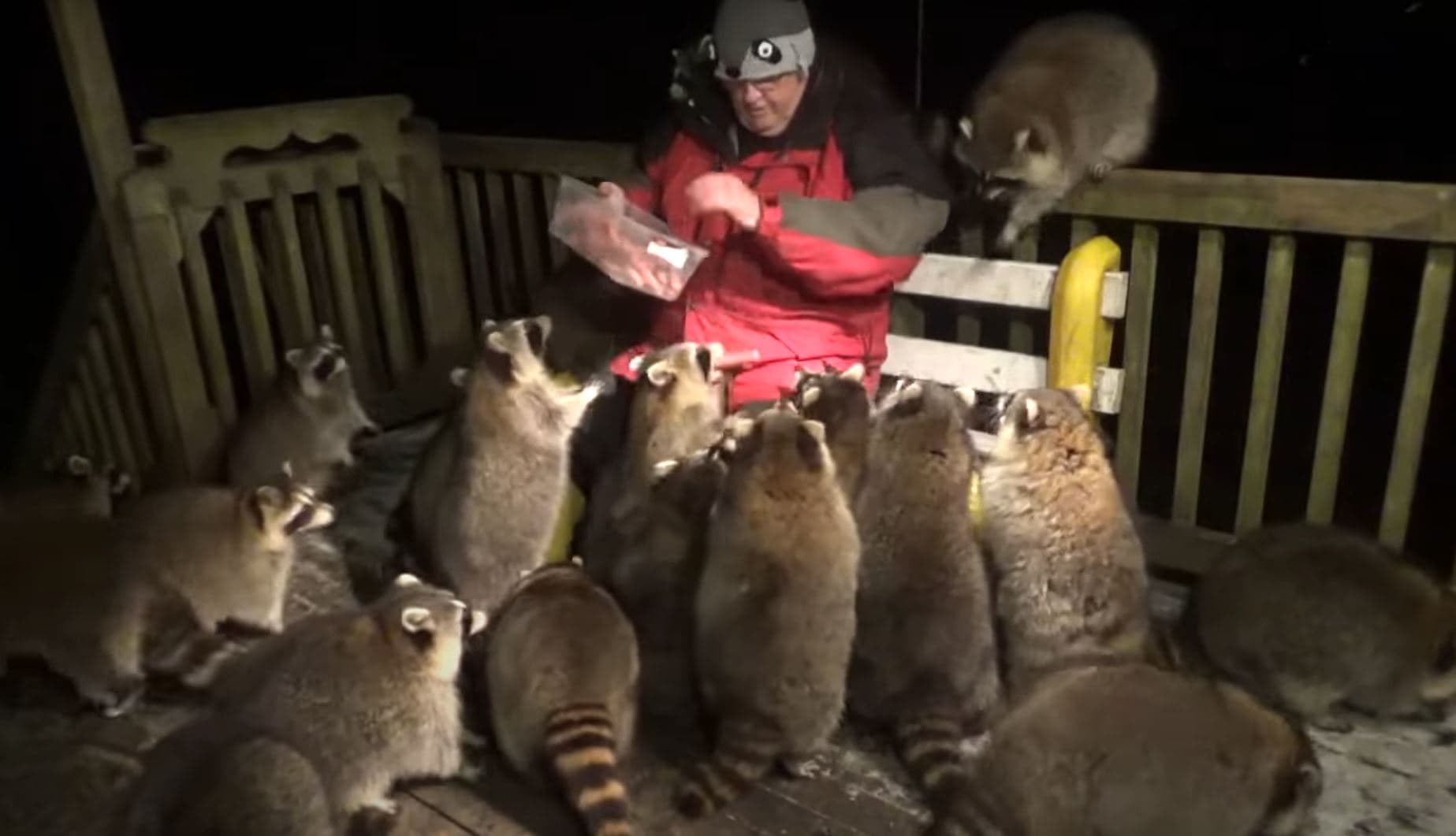

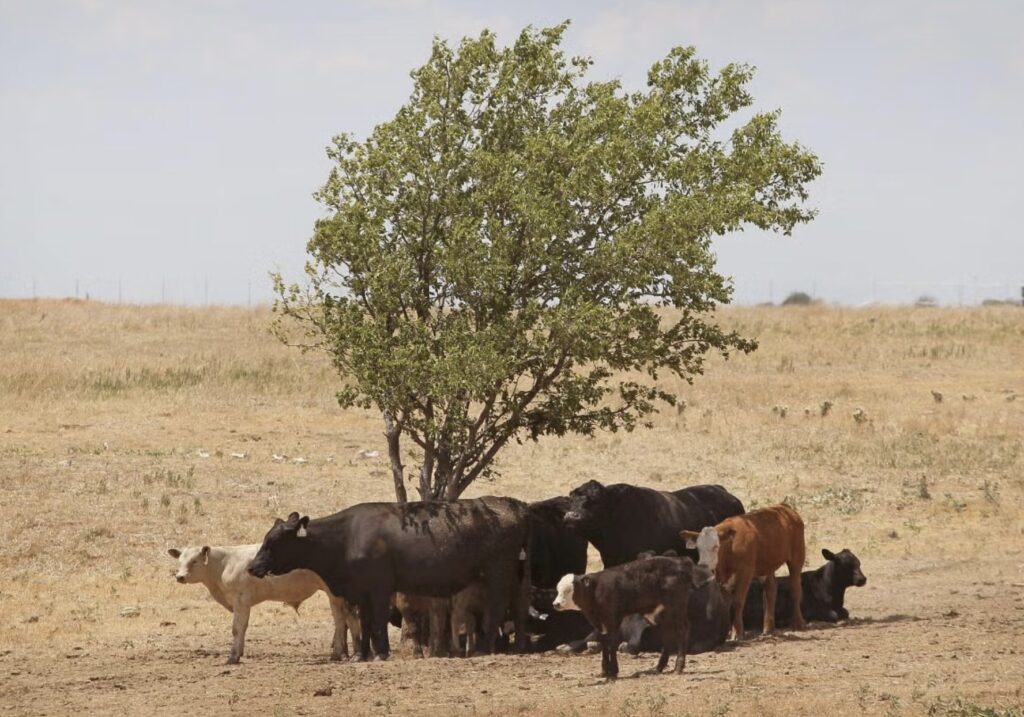
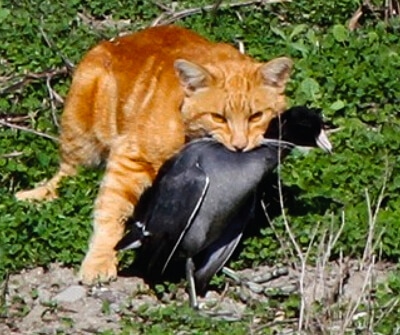
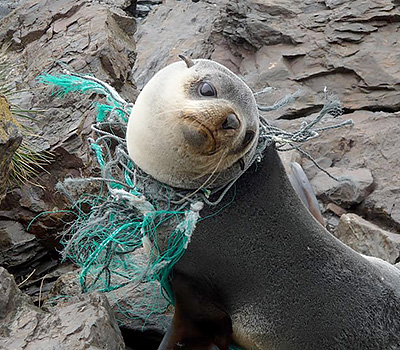
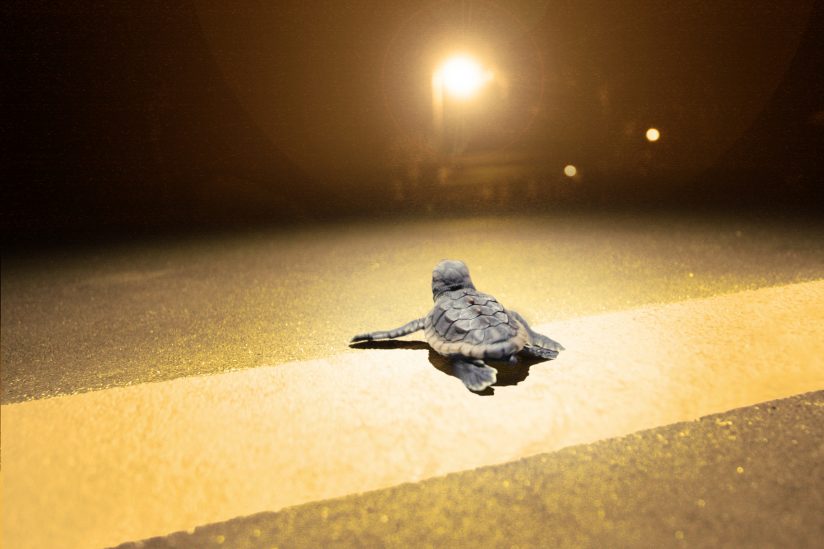
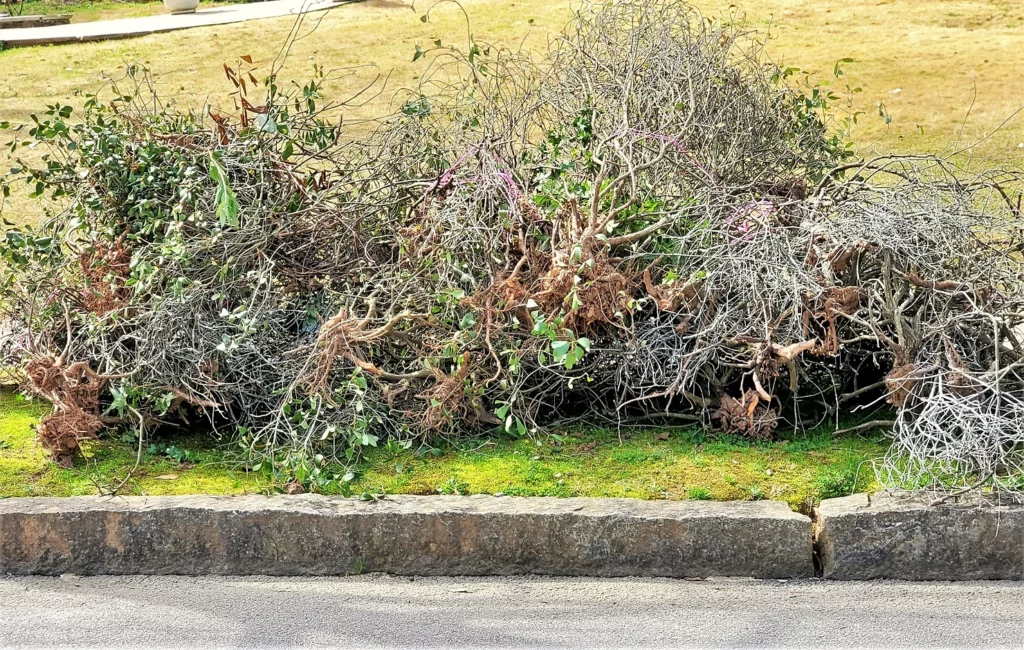
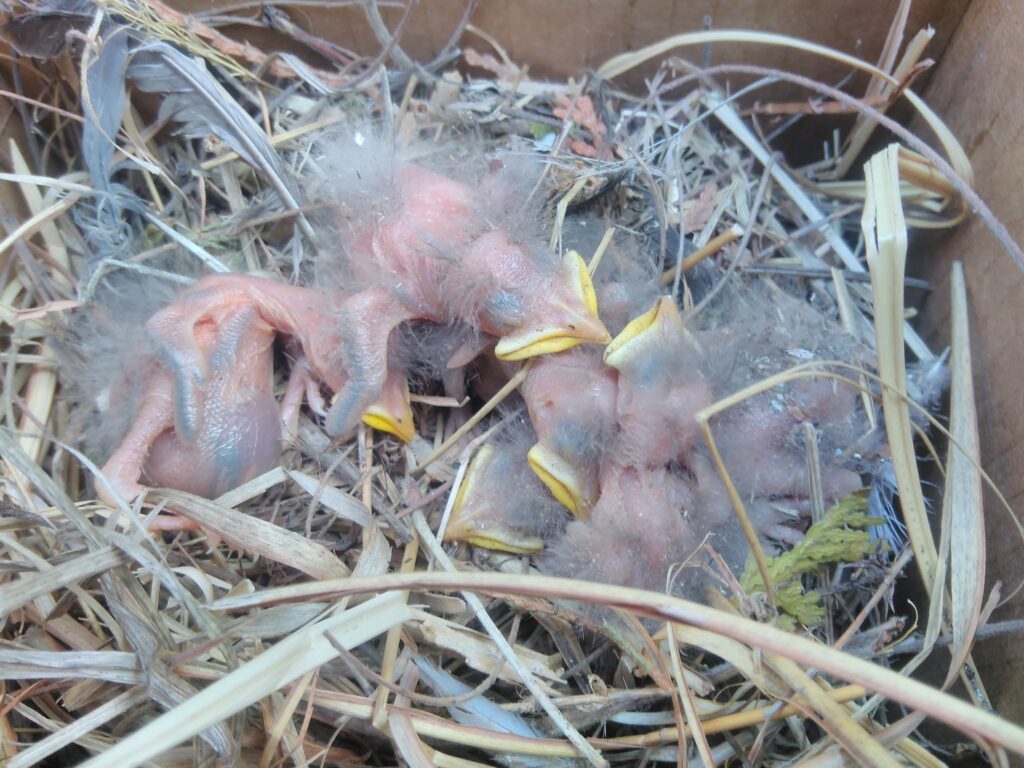

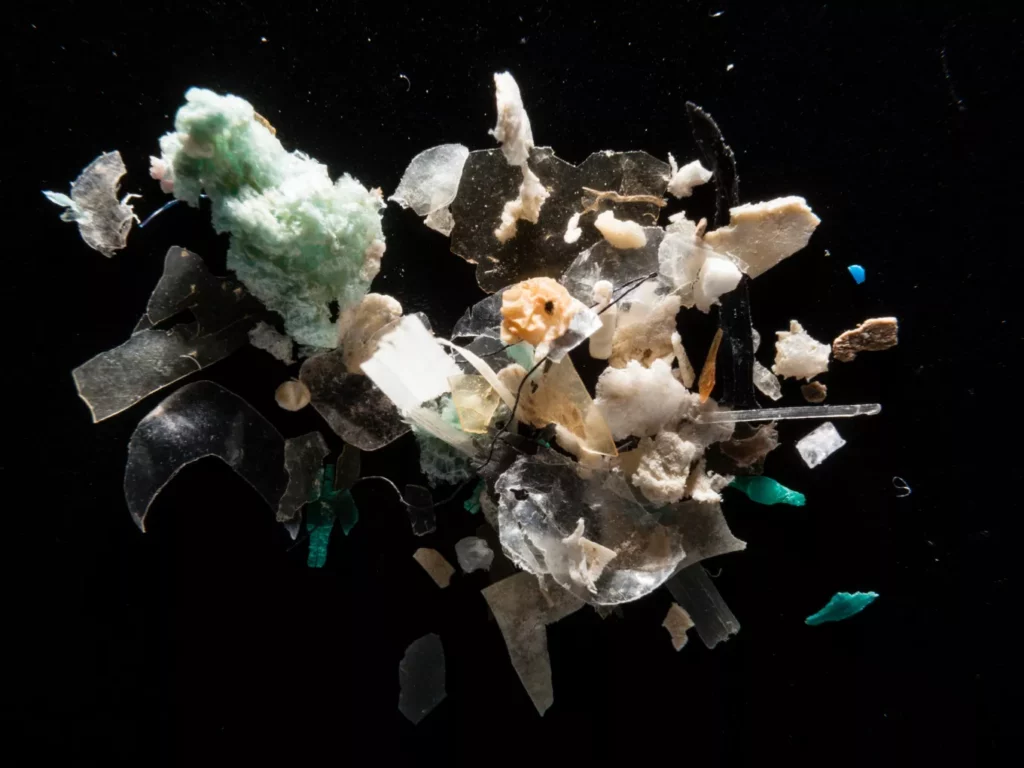
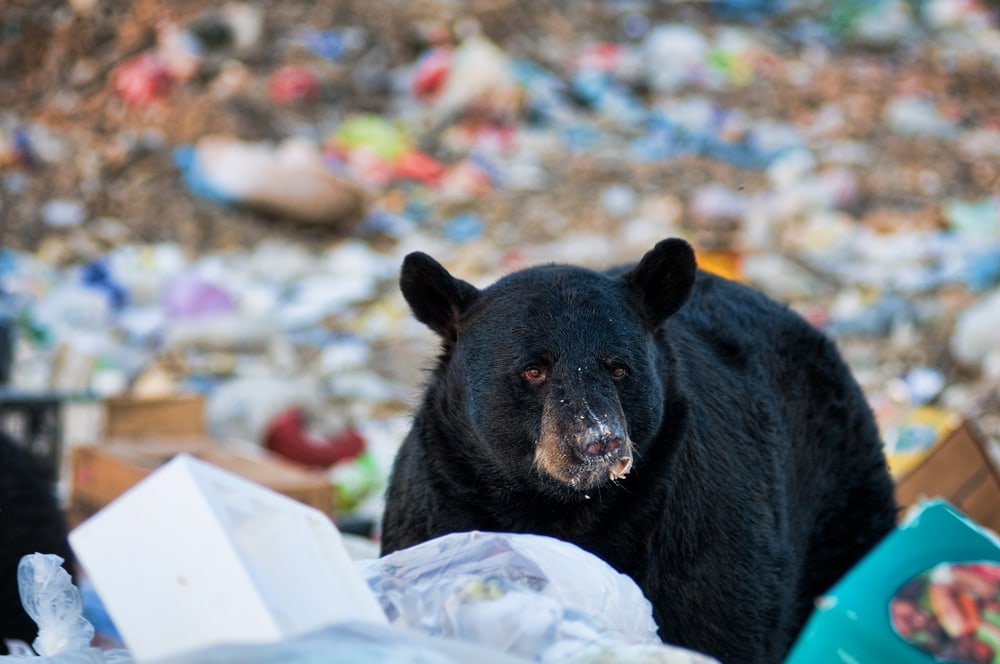
:strip_icc()/Items-Never-Flush-Down-Toilet-081a62210dcd432195a6ef1d89981c67.jpg)
